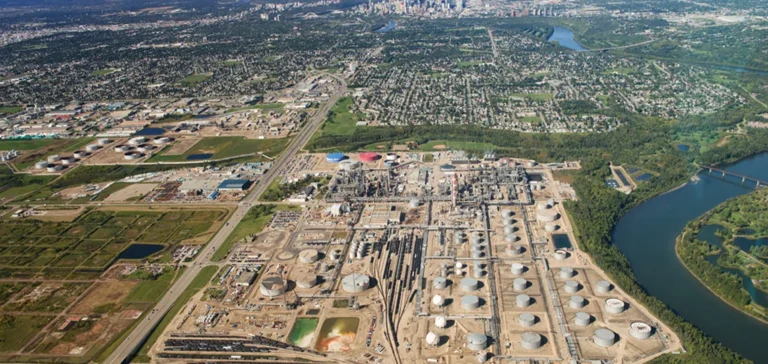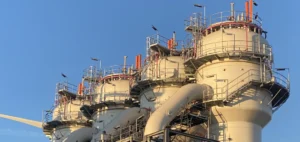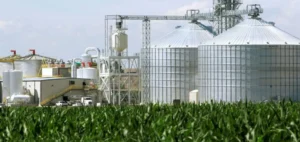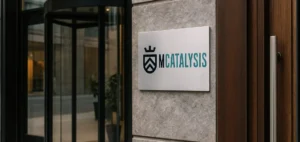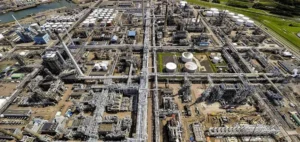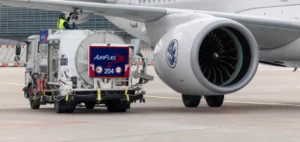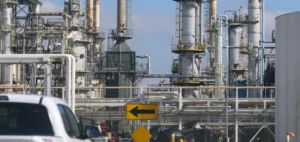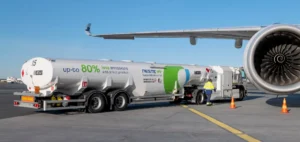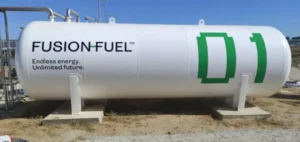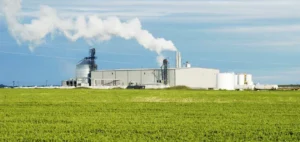Canadian Nuclear Laboratories (CNL), together with Expander Energy Inc., Fuel Cell Energy, St Marys Cement and Nuclear Promise X, has selected three locations in Canada to initiate the technical design of industrial sites dedicated to renewable diesel production. The project is based on findings from a feasibility study funded by the Clean Fuels Fund of Natural Resources Canada (NRCan), confirming the industrial viability of transforming wood waste into liquid fuel through water electrolysis.
Deployment of BETL™ technology at three pilot sites
The chosen sites, located in three key provinces, meet criteria related to access to biomass resources, logistics and energy supply. Following approval by NRCan, the engineering study scope was extended to these three locations to allow a comparative evaluation before construction phases. The stated objective is to leverage the patented Biomass Electrolysis to Liquids (BETL™) technology, to convert nearly 240 tonnes of dry forest waste per site annually into 30 million litres of renewable diesel, for a combined capacity of 90 million litres per year.
The project plans to use a technological chain integrating biomass gasification and industrial electrolysis, combining the expertise of the engaged industrial partners. This industrial model aims to produce renewable diesel that meets ASTM D975 and CEN 15940 standards, enabling direct use in existing fleets without modifications to engines or distribution infrastructure.
Economic model and industrial outlook
Preliminary results from economic analyses indicate profitability for each of the three sites. Looking ahead, Expander Energy Inc. and CNL plan to integrate a proven commercial electrolyser into the Alberta gasification project to address technical risks before finalising investments. This decision is intended to accelerate the industrial demonstration of the technology and address the interest shown by several institutional investors and potential industrial clients.
This project aims to create value from Canadian forest residues and supply synthetic liquid fuels for the heavy-duty, marine and aviation transport sectors. The industrial partners intend to provide an alternative solution for liquid energy supply while promoting the use of local resources. According to CNL, the transport sector generates nearly 25% of national emissions, highlighting the industrial challenge of transformation.


